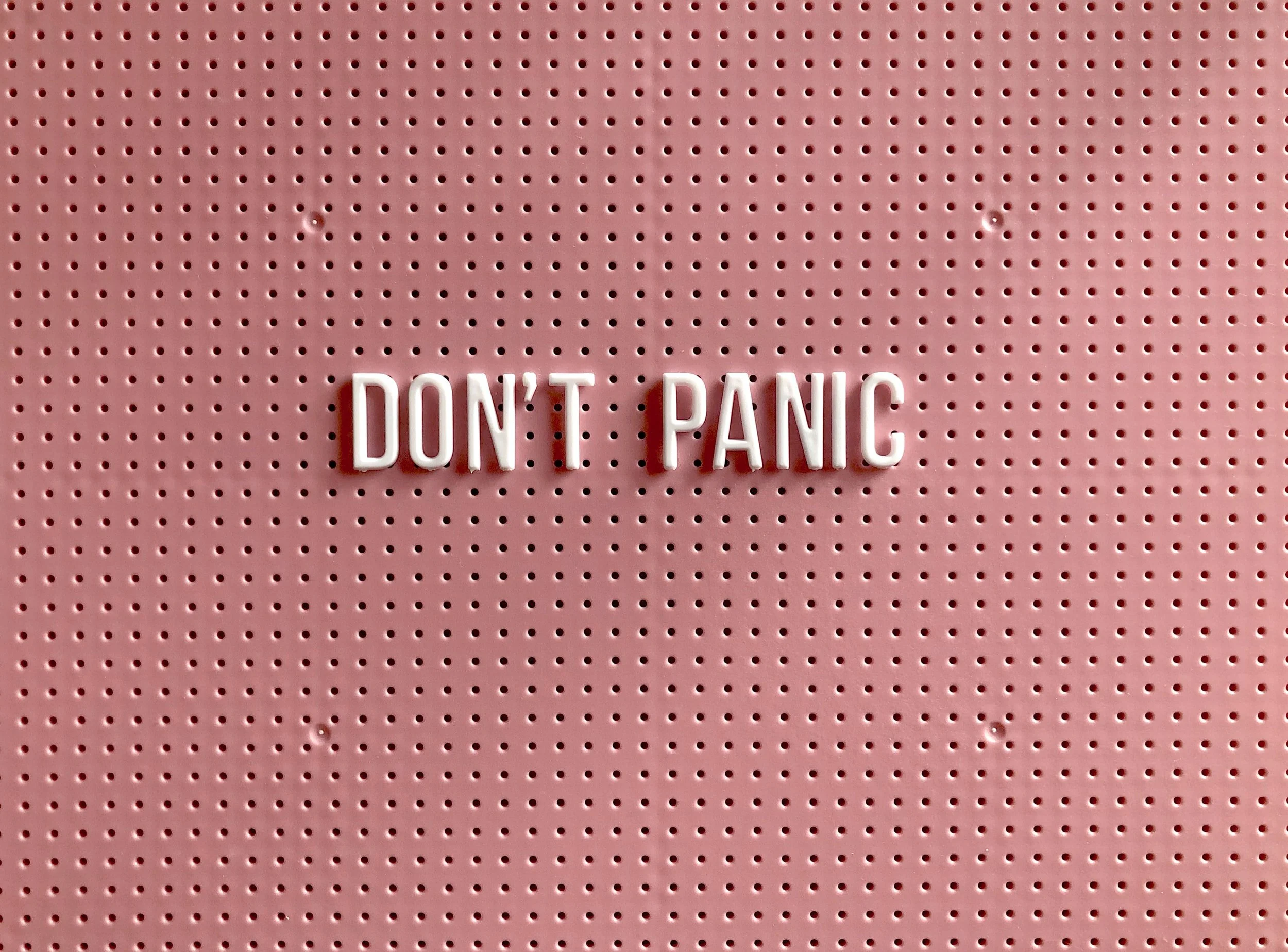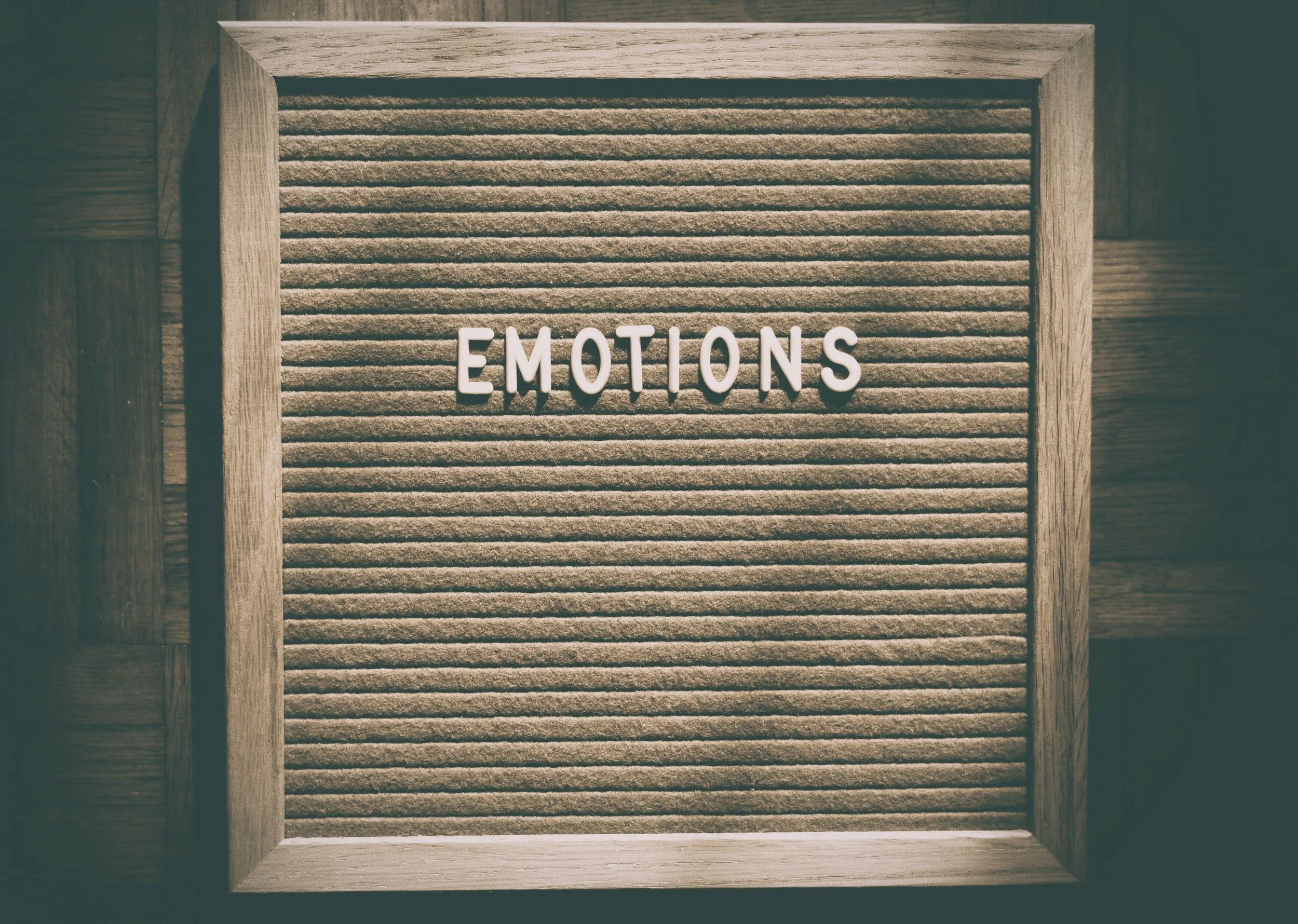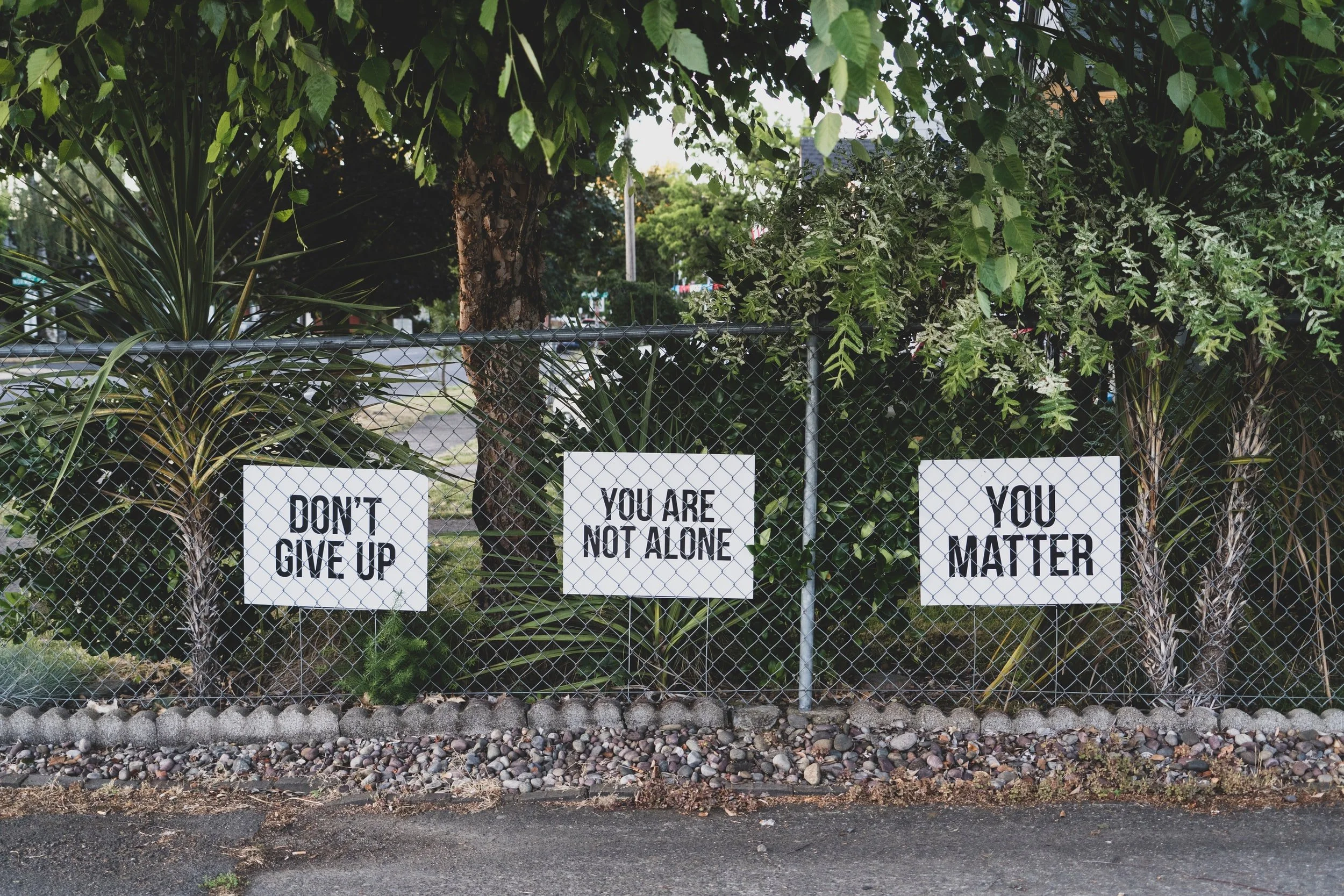3 ways to handle the hard days
“Recover!” they tell you! “Life will be so much better!” they tell you. “Your worst day in recovery is still better than your best day in your eating disorder!” (I say that one pretty often, actually).
And it’s true! Sort of. When we first start working towards recovery, we often receive this kind of messaging, essentially communicating that when you give up your eating disorder life becomes full, magical, and totally joyful. For me personally, life improved exponentially when I recovered from my eating disorder. I returned to college, discovered new passions, got a dog, moved into a new apartment, trained as a yoga instructor in Bali, and eventually became a licensed therapist who helps others recover from eating disorders. But that is the bullet points, barebones outline of life events that all sound wonderful on paper. What it doesn’t show are the stressful all-nighters studying for exams, perfectionism showing up in other areas of my life, getting my heartbroken several times, shades of depression trickling in and out, and many MANY tears shed over the former “me” who was so naively committed to an identity that didn’t serve me.
There are HARD days in recovery, just as there are hard days in the throws of an eating disorder. Why? Because the truth is, being a human is never an easy task. Especially for those of us susceptible to disordered eating – we tend to be hard on ourselves, abundantly empathetic, and it is often difficult to admit just how much we are struggling, leaving us feeling isolated and alone. When the eating disorder is no longer at the center of your life, it does make life bigger. When life becomes bigger we open ourselves up to both the beauty and the pain of being a fully alive human. This is tough, and there might be days when the good days don’t feel worth the bad days.
So how do you stay the course? How do you acknowledge the pain, attend to it, and stay in your recovery? Below, I hope to provide just a nugget of guidance when the inevitable hard days hit. In my own recovery, I have found four trusty practices that help me to endure when life is tough, and resist leaning on my eating disorder.
Identify and embrace the emotion.
When unwanted and distressing emotions arise, the natural human tendency is to do anything you can to NOT feel that feeling. Depression? No thank you. Anxiety? Abort, abort!! Shame? Oof, that is definitely not welcome in my day. If you have a history of disordered eating, you have perhaps become very adept at avoiding these distressing feelings – often in the form of harmful eating disorder behaviors. When we are confronted with triggering situations that kick up these emotions, we have to choose to do things differently in order to resist these old habits of avoiding. One of my favorite sayings is, “You can’t heal what you don’t feel.” Avoiding these emotions does not make them go away! They go into hiding, and then creep up with ten times the intensity when we least expect it! It is a horror show!
Allow me to propose a radical idea…FEEL. YOUR. FEELINGS. Instead of pushing it away, what would it be like to practice compassion for this feeling? How can you respond differently to sadness? Instead of reacting with a “hell no,” what would it feel like to look at that sadness and say, “Wow, this is a really hard moment.” This shift in self-talk gives us some more options in managing tough emotions. While resistance gives us one option (avoid, avoid, avoid), compassion gives way to self-soothing, seeking adaptive comfort, and treating ourselves well.
Step one: Name the feeling. If you have trouble identifying what emotion you’re experiencing when, check out the “Feelings Wheel” below. This tool can help you find clarity and understanding of your emotional experience.
Step two: Offer the emotion some compassion. This might look like speaking to yourself as you would speak to a friend experiencing the pain you’re feeling. This could look like three long deep breaths (i.e. inhaling compassion, exhaling resistance; inhaling understanding, exhaling criticism). Kristen Neff, PhD, offers some beautiful resources and practices for developing self-compassion in the hard moments – read more here.
Step three: Take action. Do something kind for you! When a difficult emotion comes up, try asking it, “What do you need?” Sadness might need comfort. Anger might need expression. Loneliness could be calling out for connection. Emotions exist for a reason – to make it clear that something might be amiss. Emotions act as our internal guidance system and if you listen closely can guide you straight towards resolution and healing.
2. Move your body - intuitively and joyfully!
In early eating disorder recovery, I often recommend taking a break from movement, especially if you’ve struggled with compulsive exercising or overexercising. It is a delicate art learning to re-engage with movement in a new and helpful way. On hard days, you might have the tendency or inclination to stay in bed, melt into the sofa, and/or close all windows and curtains to shut out the world. That could be what you need, after checking in with your emotions! But there is a difference between listening to your body’s needs and succumbing to depression. If you’ve ever done dialectical behavioral therapy, maybe you’ve heard of the concept of opposite action. Just as you’d assume, it means doing the opposite of what your unhelpful urge is telling you to do. If depression is demanding a day in bed, maybe what you really need is a brisk bike ride around the neighborhood.
When we engage in movement, it communicates to the brain that everything is okay. It can even shut off the fight or flight response! Think of it this way – when you turn on music and have a living room dance party, your body interprets, “Oh, we’re dancing! We wouldn’t be dancing if there was real danger going on.” This is called a “bottom-up” approach, changing action to trigger a shift in thoughts and emotions. Movement is medicine, whether that is jumping on a trampoline, going for a short walk in the sunshine, or stretching while sitting on the couch. You can feel an immediate energetic shift when your body posture changes from slouched and sunken, to lifted and open when your arms spread wide in a sun salutation. It really doesn’t matter what way you choose to move or how long even, but before you engage ask yourself these questions in order to gauge whether movement is safe for your recovery: “What is my intention in moving? Is this to compensate or punish? Rather than what would feel good for my eating disorder, what would feel good for my body in this moment?”
3. Reach out!
It is so easy to believe you are alone in eating disorder recovery, especially when you’re managing your depression, anxiety, and eating problems in once weekly therapy vs. a treatment program. It might be true that no one in your life really understands what it’s like or what it means to have an eating disorder. So when the hard days hit, it might be difficult to reach out to those friends and family members for support and comfort. I remember in my own eating disorder recovery, I very often belittled my experience when I was having a hard time. I would frequently think to myself, “I am crying about eating a food that most people enjoy and don’t think twice about. This is ridiculous. No one will understand and no one cares.” I couldn’t have been more wrong, and I really underestimated my support system.
If you have even one friend or family member that has the desire to understand and support you in your experience, reaching out can be one of the most helpful actions to take on hard days. Depression and eating disorders absolutely thrive in secrecy and isolation – even simply saying out loud, “I’m having a hard day,” can feel healing and supportive. If you are hesitant to reach out, allow me to provide a simple script you can use if you’re not sure what to say:
“Hi [friend/family/supportive person]. I’m having a really hard day and just need someone to talk to for a bit. You don’t need to fix it or offer any advice, I just need someone to listen.”
If you’re not comfortable opening up about how you’re struggling, calling or meeting up with a friend can be a very effective distraction. Many of us have that friend that could just talk our ears off, or a friend that can’t help but make incessant jokes. While these friends might not be the type of support you’d open up to about the nitty gritty of your emotions, these friends are so valuable in lifting spirits and taking your mind off the tough stuff. Need a nudge? Copy and paste the message below into your iMessages:
“Hey [friend/family member]! What are you up to? I have the day free and would love to catch up.”
OR
“I miss you! I need a good laugh today, what do you have going on?”
The first step is the hardest when it comes to reaching out. It might be uncomfortable to make the first move, but tell me this – which is worse, a little discomfort or loneliness and depression? I don’t know about you, but I’d bet on the minimal discomfort!
Take home message:
Recovery is NOT all roses and butterflies, even though sometimes it is. There will be hard days, there will be moments in which you want to quit, there will be a fair share of heartache. Such is life! Remember, recovery is not about sustained happiness or avoiding pain for the rest of your life. It is about living a full and complete life, unencumbered by the confines of disordered eating that keep you living small. Living a big life means you might get hurt, you might still ugly cry, in fact you’ll probably have moments that make you want to scream. When we learn to ride the waves of the human experience, we can embrace both the highs and the lows. Being a human means to feel it all, and that is recovery.



